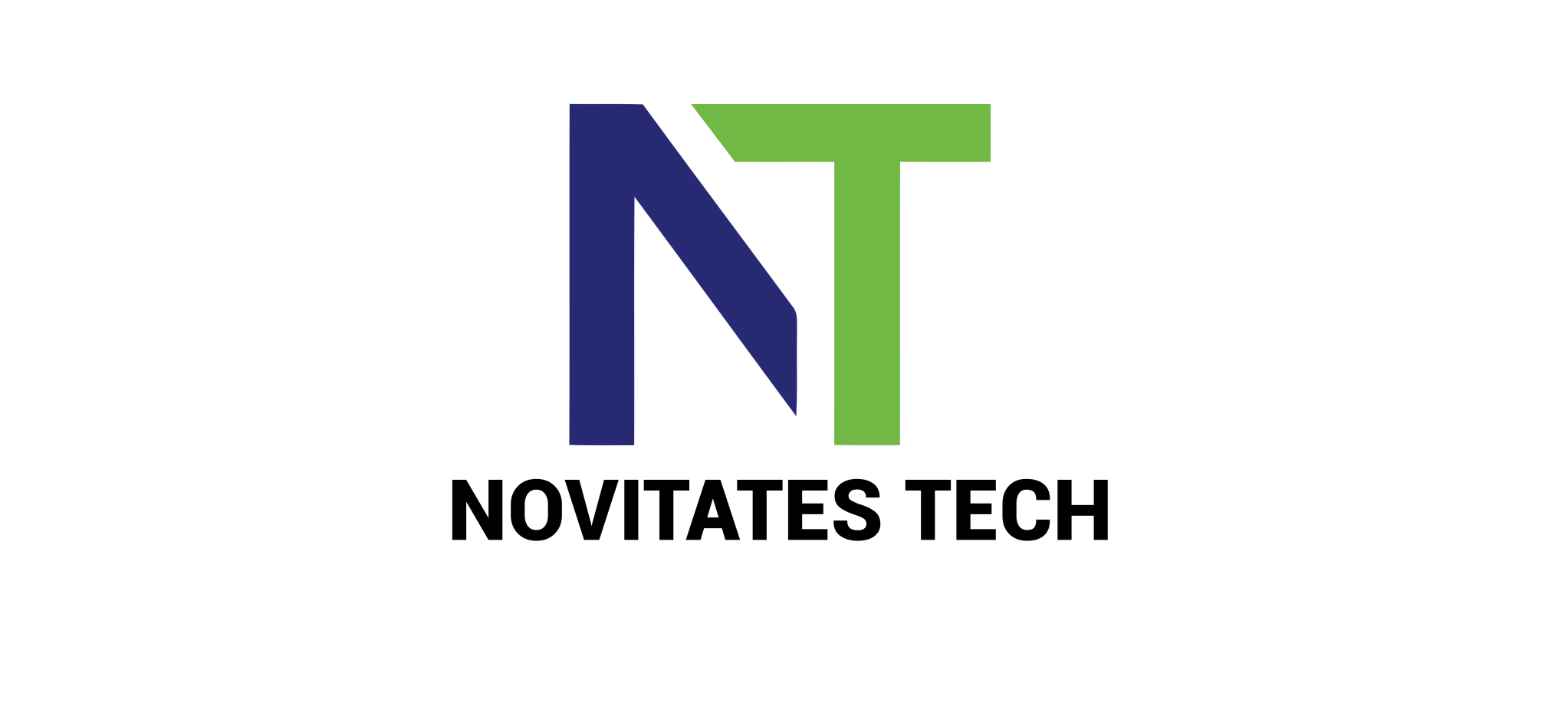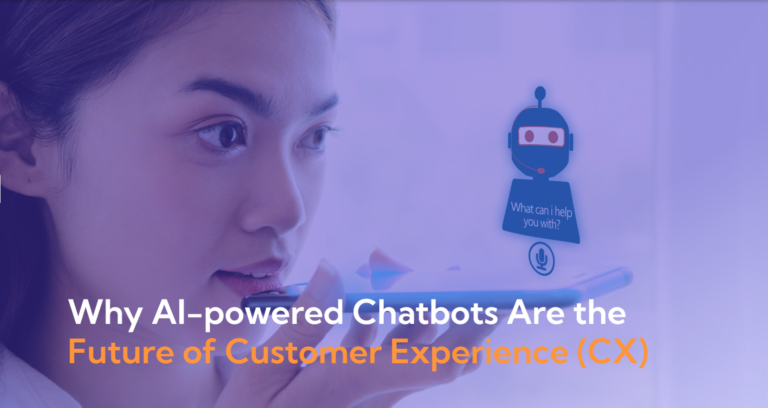The world of health insurance claims processing can be a frustrating maze, riddled with delays and denials. A recent study by the Economic Times in India highlights this very issue, with over 40% of individuals blaming hospital administrative processes for claim delays, while 25% point to a lack of communication between hospitals and insurers [1]. Similar challenges plague healthcare systems globally, with a significant portion of claims denied even when received from in-network providers, as a KFF study in the US demonstrates [2].
These roadblocks not only create headaches for patients and providers, but also strain the entire healthcare system financially. Fortunately, there’s a promising solution on the horizon: Artificial Intelligence (AI). By embracing AI-powered automation, the health insurance industry can navigate towards a smoother, more efficient claims processing landscape.
Understanding the Root Causes of Claim Denials
Before we explore the solutions, let’s delve deeper into the reasons behind claim denials. Here are some of the biggest culprits:
- Hospital Administrative Processes: As the Indian study suggests, inefficient hospital procedures can significantly delay claim processing, leading to frustration for patients and providers [1].
- Lack of Coordination: Miscommunication between hospitals and insurers can create confusion and inconsistencies, ultimately leading to denied claims [1, 2].
- Complex Documentation: Cumbersome paperwork and intricate coding processes are prone to errors, increasing the risk of claim denials [3].
- Manual Claim Processing: Reliance on manual claim review is a time-consuming and error-prone process, often resulting in unnecessary delays and denials [2, 3].
The Human Cost of Claim Denials
Beyond the financial implications, claim denials have a significant human cost. Patients can face unexpected medical bills, leading to financial stress and a reluctance to seek future care. Additionally, healthcare providers are left with unpaid bills, straining their financial resources.
AI: A Powerful Tool for Streamlining Claims Processing
AI offers a powerful toolkit for addressing these challenges and revolutionizing healthcare claims processing. Here’s how:
- Automated Data Entry & Pre-filling: AI can extract data electronically from medical records and pre-fill claim forms, reducing errors and speeding up the submission process.
- Real-time Eligibility Verification: AI-powered systems can verify patient eligibility with insurers in real-time, minimizing the risk of denials due to coverage issues.
- Advanced Coding & Compliance: AI algorithms can analyze claim data and ensure accurate coding based on the latest healthcare regulations, reducing the chances of denials due to coding errors.
- Intelligent Claim Review: AI can automate initial claim review processes, identifying potential red flags and missing information. This allows human reviewers to focus on complex cases, improving efficiency.
- Fraud Detection: AI can analyze claims data to detect potential fraudulent activity, protecting insurers and ensuring healthcare resources are used appropriately.
The Benefits of AI-powered Claims Processing
By embracing AI in claims management, both insurers and healthcare providers can experience a multitude of benefits:
- Reduced Claim Processing Costs: Studies suggest automation can lead to a 30% reduction in claim processing costs, thanks to increased efficiency and reduced errors [4].
- Faster Reimbursement: Streamlined processing means faster claim approvals and quicker reimbursements for providers, leading to improved cash flow.
- Improved Patient Satisfaction: Reduced waiting times and efficient claim processing contribute to a more positive patient experience.
- Enhanced Accuracy: AI minimizes human error in data entry and coding, leading to more accurate claims and fewer denials.
- Reduced Administrative Burden: Automating repetitive tasks frees up staff time, allowing them to focus on higher-value activities.
- Data-Driven Decision Making: AI-powered analytics provide valuable insights into claims data, empowering insurers to develop better risk management and fraud detection strategies.
A Glimpse into the Future of Healthcare Claims
The future of healthcare claims processing is one where AI acts as a valuable partner, not a replacement. Human expertise remains crucial for complex cases and patient interaction. However, AI can handle the heavy lifting – automating routine tasks, improving accuracy, and freeing up resources for better patient care.
By embracing AI, the healthcare industry can take a decisive step towards smoother claims processing. This will not only benefit insurers and providers financially, but also create a more streamlined and patient-centric experience for everyone involved. Imagine a world where claims are processed quickly and efficiently, minimizing frustration and ensuring timely access to quality healthcare. AI can make this vision a reality, allowing us to navigate the complexities of healthcare claims with greater ease





